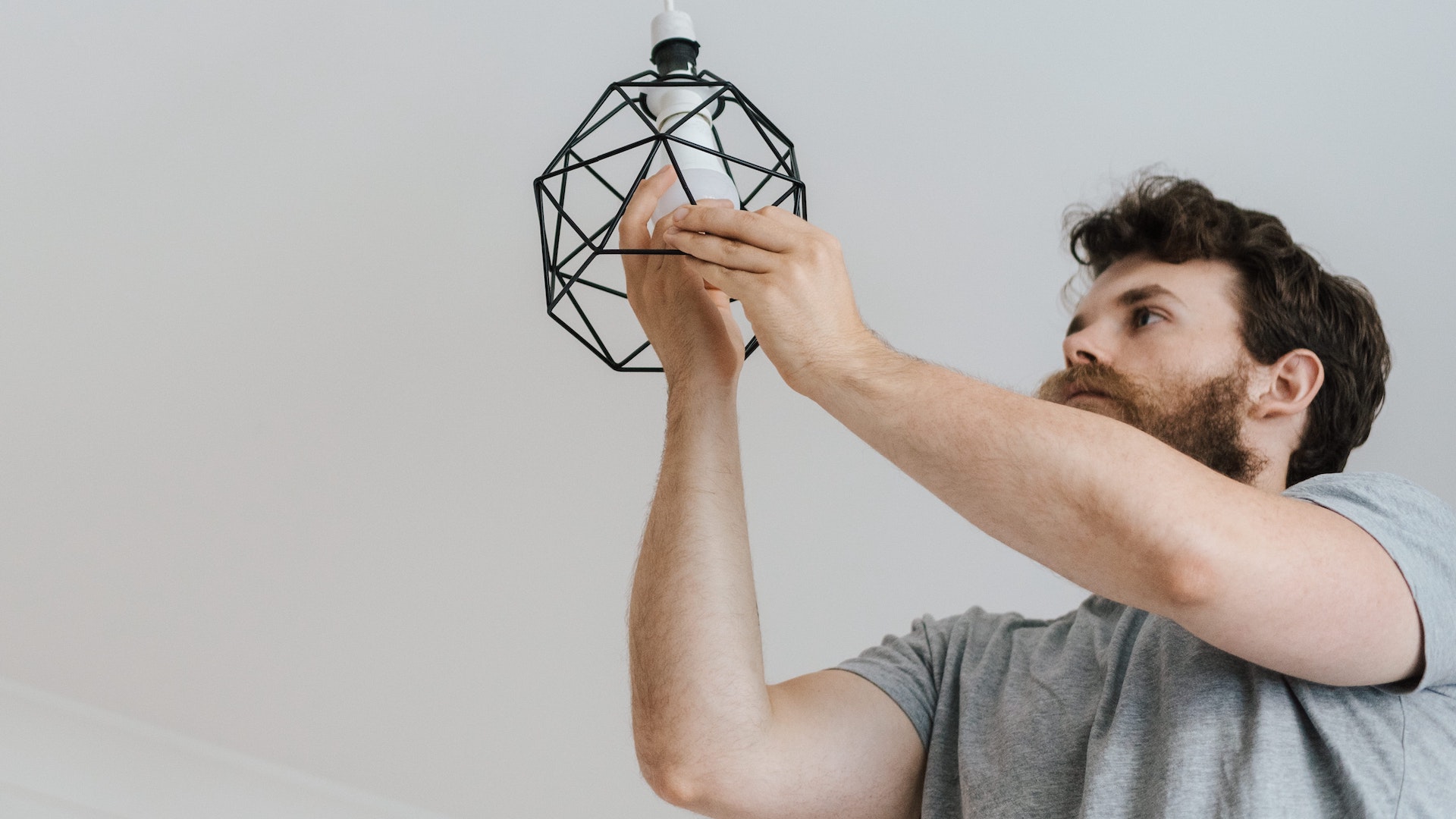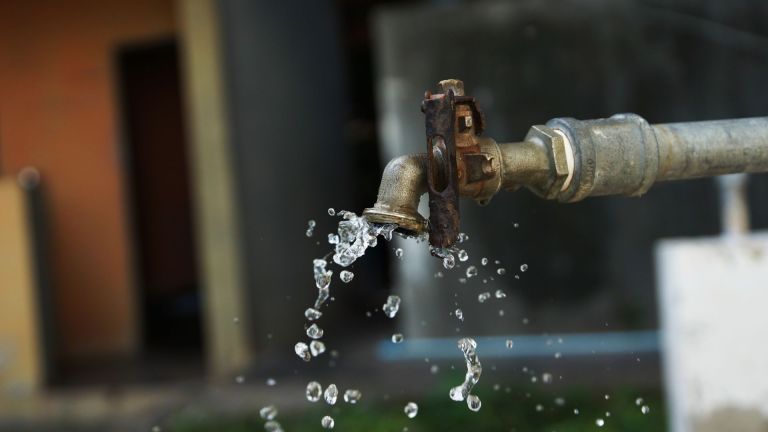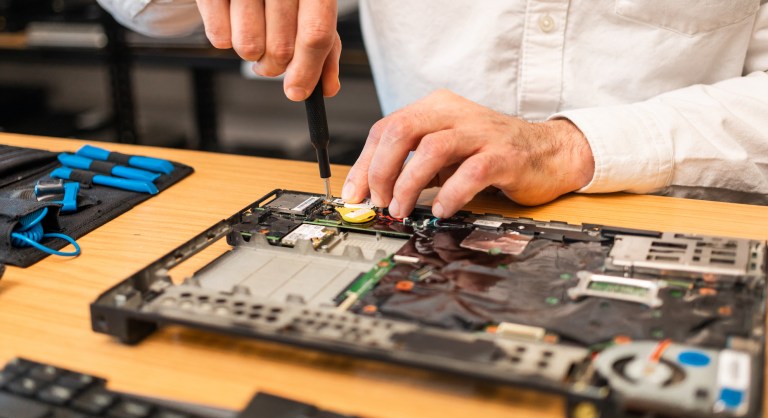But halogen bulbs cost more than five times as much to run as their energy-saving counterparts, adding £11 to your energy bill per bulb every year compared to £2 by an LED. That may not seem like a significant amount of cash, but the government estimated it will cut an average of £75 from annual household fuel charges.
Why are LED lightbulbs better for the planet?
LED lightbulbs are more than twelve times as efficient as halogen bulbs, meaning they use a fraction of the energy and drive down the demand for fossil fuels. And LED bulbs lasting longer means they need replacing less often, producing less waste which could otherwise end up in landfills.
A national shift from halogen lighting to LED products will reduce the UK’s carbon footprint by 1.26 million tonnes of harmful carbon dioxide, the government said. That’s the equivalent of taking more than half a million cars from Britain’s roads.
LED lightbulbs already make up around two thirds of the bulbs currently sold across the country, boosting national efforts to make the UK’s buildings more efficient.
“Flicking the off-switch on energy inefficient light bulbs is a simple way that households can save money at the same time as saving the planet,” said Lord Martin Callanan, the UK’s Minister for Climate Change.
“Phasing out halogen bulbs in favour of LED alternatives that last longer, are just as bright and cheaper to run, is another way that we are helping tackle climate change.”
Are LED lightbulbs more expensive than halogen and incandescent bulbs?
The upfront cost of LED bulbs tends to be higher than for less efficient lightbulbs – a halogen lightbulb costs between £1-2, compared to £10-20 for an equivalent LED bulb – but their energy-saving properties will save you money in the long run.
The switch to LED lighting will be straightforward in most households, particularly for higher wattage bulbs.
For higher wattage bulbs, consumers should be able to perform a straight switch to LEDs. But for lower wattage fittings, which use transformers, LED bulbs may not work and might require a new transformer to be fitted.
Even taking higher initial costs into consideration, buying LED bulbs “makes complete sense” according to Brian Horne, senior insights and analytics consultant at the Energy Saving Trust.
Will there be exceptions to the halogen lightbulb ban?
Lamps used for scene-lighting in film studios and on TV sets, or for theatre staging, can still be powered by halogen lightbulbs.
What else is the government doing to make the UK more energy efficient?
Ministers also announced a September ban on the sale of light fixtures with fixed bulbs which cannot be replaced, which usually means they must be thrown away and replaced with new fixtures. They account for 100,000 tonnes of waste each year in the UK.
The Department of Business, Energy and Industrial Strategy will also introduce a “right to repair”, meaning appliances such as fridges and TVs must be designed to last longer and cost less to run.
Manufacturers will have a legal obligation to produce spare parts for customers to buy and fix an appliance at home, with the aim of cutting waste and extending product lifespans by up to 10 years.
The new measures will eradicate eight million tonnes of carbon emissions in the last quarter of 2021, the government said, the equivalent of “removing all emissions from Birmingham and Leeds”.









